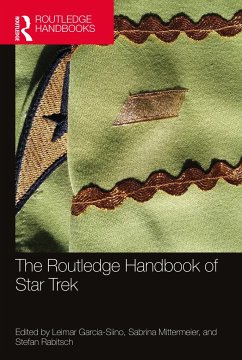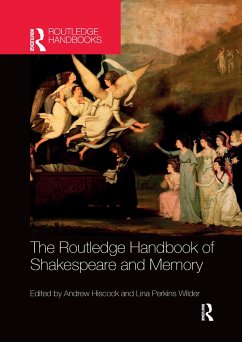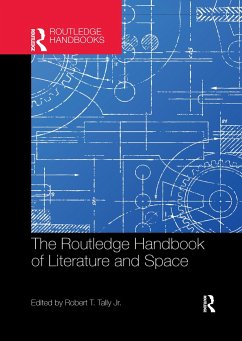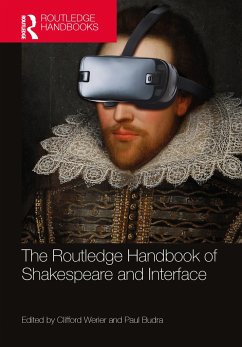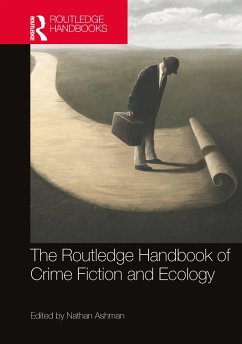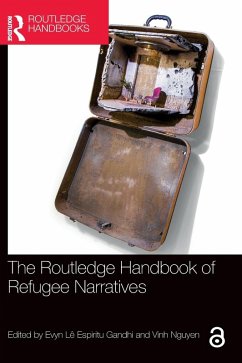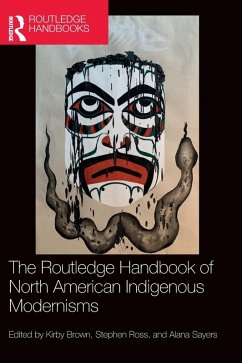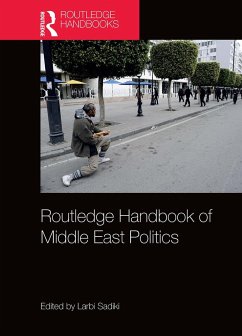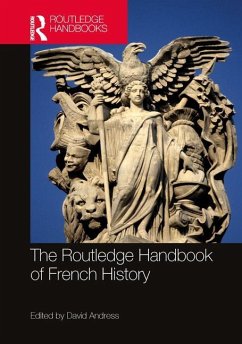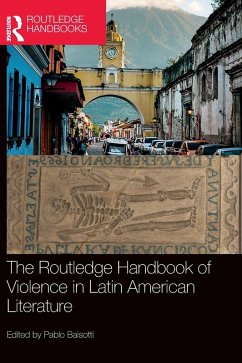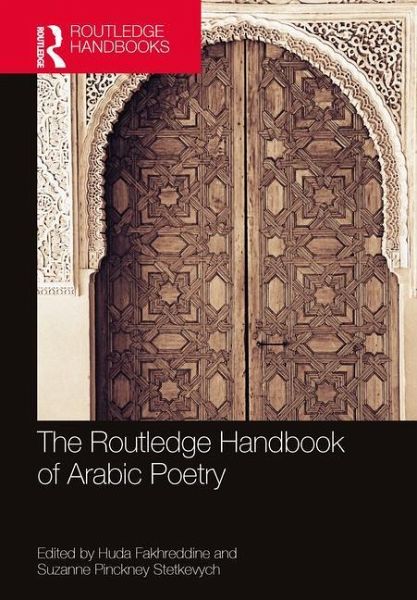
The Routledge Handbook of Arabic Poetry
Versandkostenfrei!
Versandfertig in 6-10 Tagen
245,99 €
inkl. MwSt.
Weitere Ausgaben:

PAYBACK Punkte
123 °P sammeln!
Comprised of contributions from leading international scholars, The Routledge Handbook of Arabic Poetry incorporates political, cultural, and theoretical paradigms that help place poetic projects in their socio-political contexts as well as illuminate connections across the continuum of the Arabic tradition. This volume grounds itself in the present moment and, from it, examines the transformations of the fifteen-century Arabic poetic tradition through readings, re-readings, translations, reformulations, and co-optations. Furthermore, this collection aims to deconstruct the artificial modern/p...
Comprised of contributions from leading international scholars, The Routledge Handbook of Arabic Poetry incorporates political, cultural, and theoretical paradigms that help place poetic projects in their socio-political contexts as well as illuminate connections across the continuum of the Arabic tradition. This volume grounds itself in the present moment and, from it, examines the transformations of the fifteen-century Arabic poetic tradition through readings, re-readings, translations, reformulations, and co-optations. Furthermore, this collection aims to deconstruct the artificial modern/pre-modern divide and to present the Arabic poetic practice as live and urgent, shaped by the experiences and challenges of the twenty-first century and at the same time in constant conversation with its long tradition. The Routledge Handbook of Arabic Poetry actively seeks to destabilize binaries such as that of East-West in contributions that shed light on the interactions of the Arabictradition with other Middle Eastern traditions, such as Persian, Turkish, and Hebrew, and on South-South ideological and poetic networks of solidarity that have informed poetic currents across the modern Middle East. This volume will be ideal for scholars and students of Arabic, Middle Eastern, and comparative literature, as well as non-specialists interested in poetry and in the present moment of the study of Arabic poetry.





